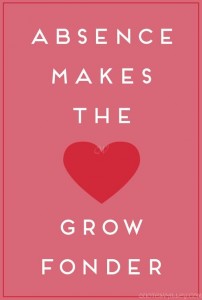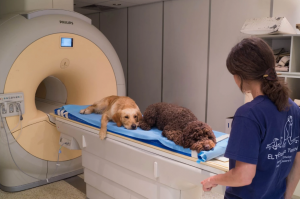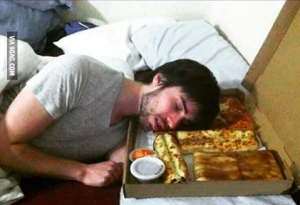Whenever I look outside my window and it’s dark and rainy I always find myself wanting to curl up in my bed and have a Netflix marathon. The dreary weather always makes me feel dreary and lazy. I wanted to know if I was just like this when it was rainy by chance, or by some confounding variable, or if there was a real connection between the weather and my mood. First I established the null hypothesis: Weather and mood are not connected in any way. This is the hypothesis that we are looking to reject, we want to see that something is in fact going on.
It seems to be common sense that when it’s sunny and warm you are happy and joyful, and when its dark and gloomy you are sad and tired, it’s just a common association. However, researchers are slow to accept this theory. In one study they took around 1,000 people and had them report their daily well-being, and then lined their testimony up with the weather report. Overall they found that th ere was very little variance in their subject’s day-to-day mood that was dependent on the weather. What the research did show however was that there is a significant association between tiredness and sunlight. The less sunlight that people were exposed to, the more fatigued they felt. This could be because of the hormone melatonin. Less sunlight causes you brain to produce more melatonin, which makes you feel drowsy. This is just a small thing though and has little to do with a real substantial change in mood. Sunlight can also trigger the production of a hormone called serotonin which helps your body maintain mood balance. A lack of sunlight can lead to a reduction of serotonin which in turn can lead to feelings of sadness and depression. A lot of the articles that I read did however mention seasonal affective disorder (SAD). SAD is a type of depression that comes and goes in a seasonal pattern. It is sometimes known as winter depression because the symptoms are most apparent and usually most severe during the winter months. Doctors have yet to find the exact cause of SAD, but it’s symptoms are often linked to the reduced exposure to sunlight and the overproduction of melatonin that I talked about earlier.
ere was very little variance in their subject’s day-to-day mood that was dependent on the weather. What the research did show however was that there is a significant association between tiredness and sunlight. The less sunlight that people were exposed to, the more fatigued they felt. This could be because of the hormone melatonin. Less sunlight causes you brain to produce more melatonin, which makes you feel drowsy. This is just a small thing though and has little to do with a real substantial change in mood. Sunlight can also trigger the production of a hormone called serotonin which helps your body maintain mood balance. A lack of sunlight can lead to a reduction of serotonin which in turn can lead to feelings of sadness and depression. A lot of the articles that I read did however mention seasonal affective disorder (SAD). SAD is a type of depression that comes and goes in a seasonal pattern. It is sometimes known as winter depression because the symptoms are most apparent and usually most severe during the winter months. Doctors have yet to find the exact cause of SAD, but it’s symptoms are often linked to the reduced exposure to sunlight and the overproduction of melatonin that I talked about earlier.
So my conclusion is while in extreme cases like diagnosis of SAD, weather can have a large effect on the mood. For the average person, a rainy day isn’t going to make you any sadder or more tired or happier than a sunny one. So next time you’re feeling tired or lazy try not to blame it on the weather, because there could be something else going on.
IMAGE: http://az616578.vo.msecnd.net/files/2015/12/07/635850463340700169-96352109_seasonal-affective-disorder-depression.jpg








